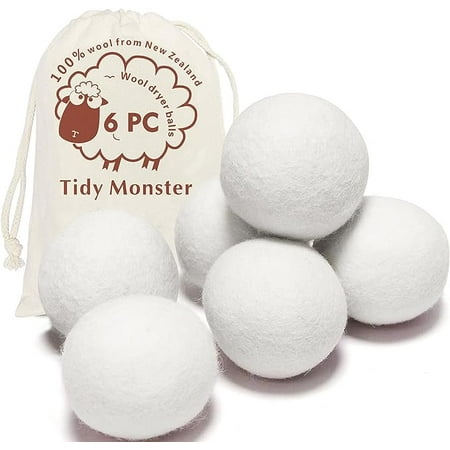How to use essential oils in laundry – to make laundry smells sweeter for longer
Achieve longer-lasting laundry fragrance with these essential oil tricks
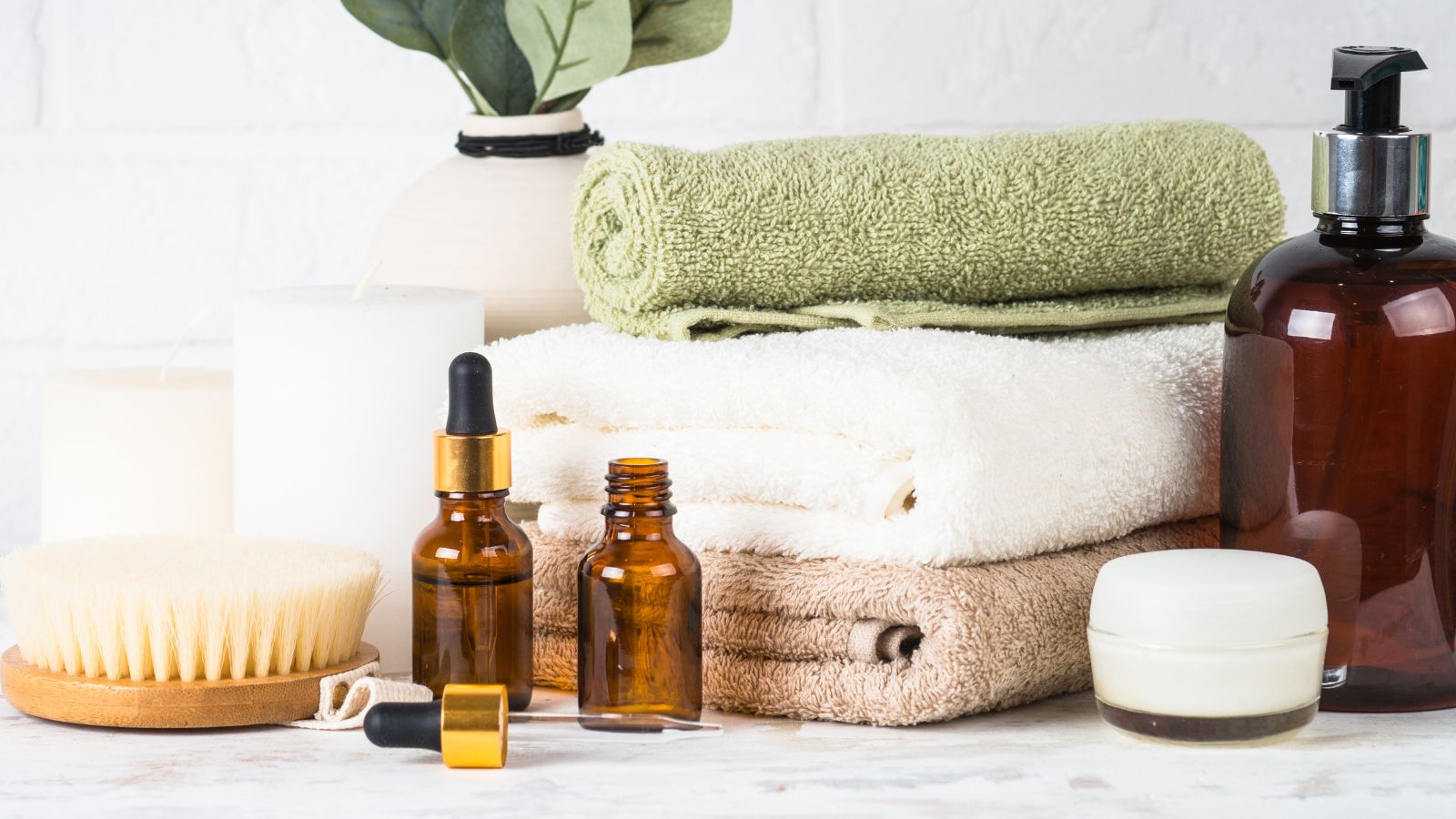

There is something incredibly satisfying about pulling your laundry out of the dryer or off of the line and breathing in the fresh laundry scent. It is always an instant mood booster.
If your laundry is on the musty side, however, it can quickly put a damper on your day. If you have recently cleaned the washing machine, it might come down to a need to add just a little more fragrance when doing laundry, experts say.
This is where using essential oils in laundry comes into play, to help you achieve a perfectly tailored, signature laundry scent wash after wash.
How to use essential oils in laundry
Essential oils are one of the best ways to make laundry smell better, but they need to be used with caution lest you risk staining. This is how laundry experts get the balance right for perfect washes every time.
Make your own detergent
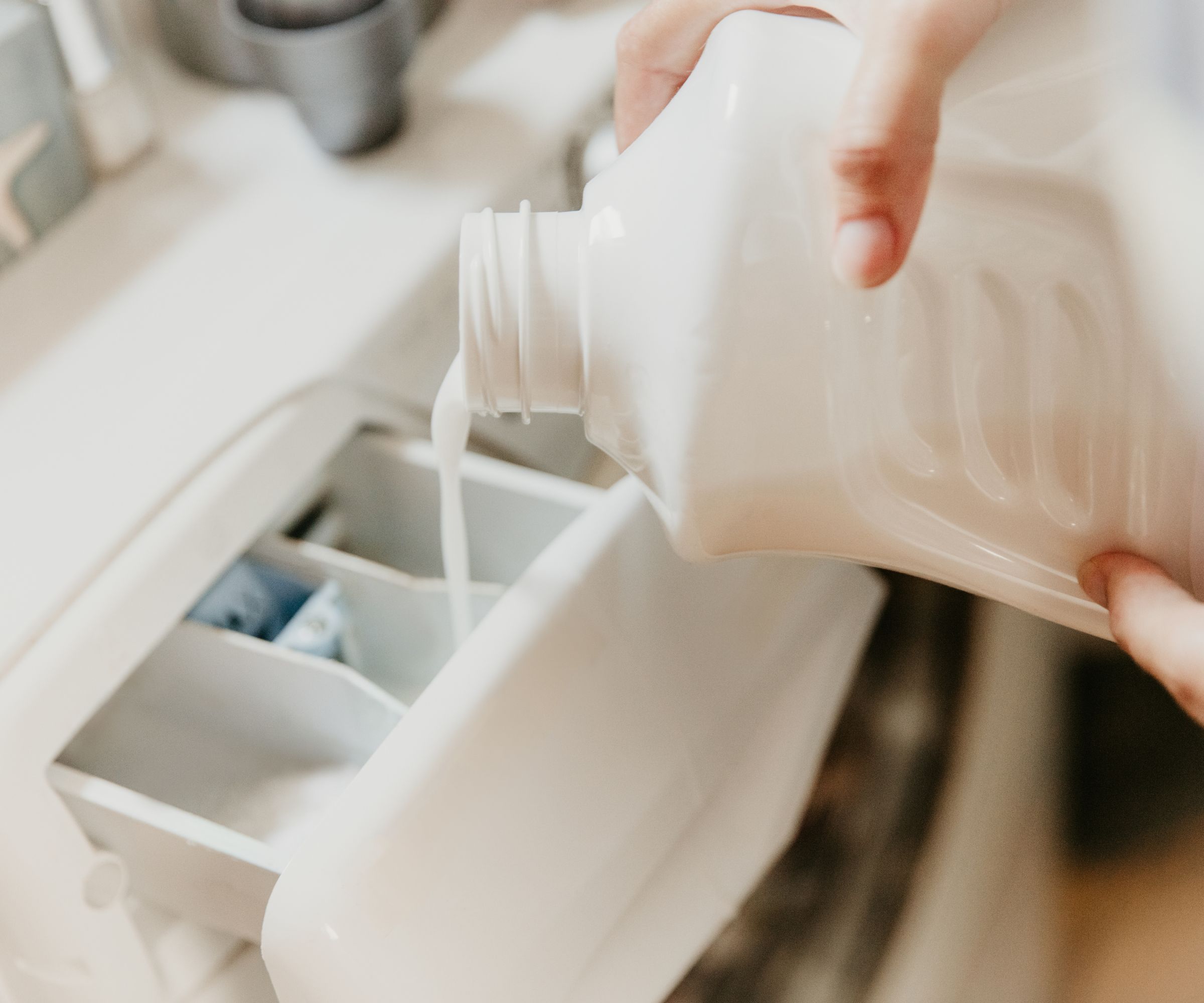
Making your own laundry detergent is a common practice if you are into green cleaning, but it can also be useful if you want more control over your laundry fragrance. Ocean Van, owner of Coco Laundry suggests DIYing your detergent or fabric softener to include your chosen essential oils from the first step of your laundry routine:
‘Essential oils like lavender and tea tree have natural antibacterial properties that enhance the cleaning power,’ she begins. ‘These oils contain volatile compounds that can break down grease and grime, while their antibacterial properties help to eliminate bacteria that cause odors. Lavender and tea tree oils are well-documented for their antibacterial properties, making them ideal for use in laundry detergent.’
To make your own essential oil detergent, Ocean recommends mixing one cup of soap flakes, half a cup of washing soda, and half a cup of borax in a large container. Then, add 10-20 drops of your favorite essential oils and mix well to ensure the oils are evenly distributed. Store the detergent in an airtight container to preserve the fragrance and effectiveness.
‘Test the detergent on a small, inconspicuous clothing area to ensure it doesn’t cause staining,’ she adds.
Mix up a scent booster
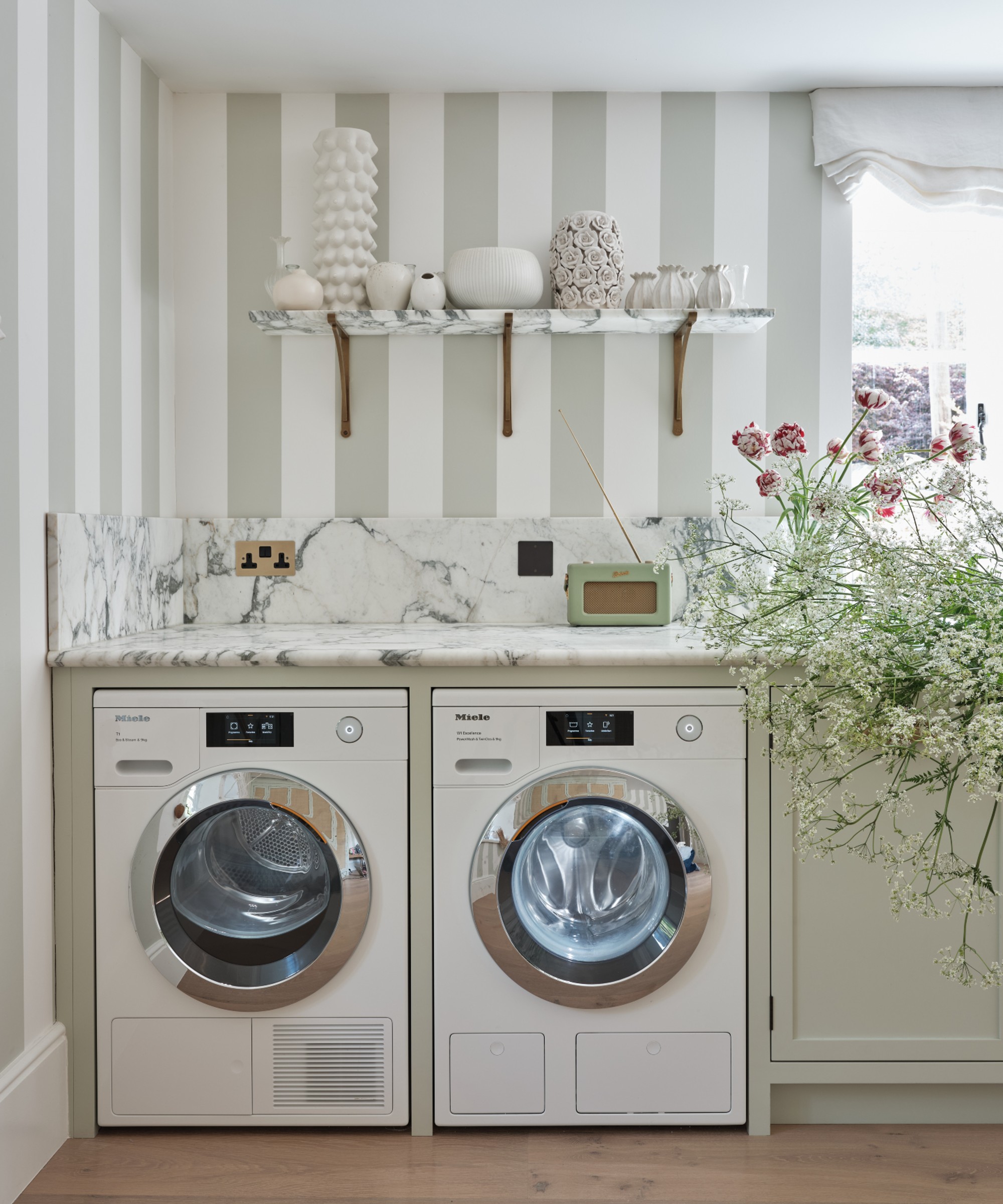
Given that scent beads can be bad for your washing machine, it is a good idea to try to find natural alternatives. Hyacinth Tucker, owner and CEO of Laundry Basket, recommends using essential oils mixed with salt instead:
‘For a natural scent booster, combine two cups of table salt or kosher salt with 40 drops of essential oil in a bowl. Stir well and store the mix in an airtight container. Add a scoop to your washing machine at the start of the wash cycle to give your laundry a fresh, delightful scent,’ she suggests.
Add them to dryer balls
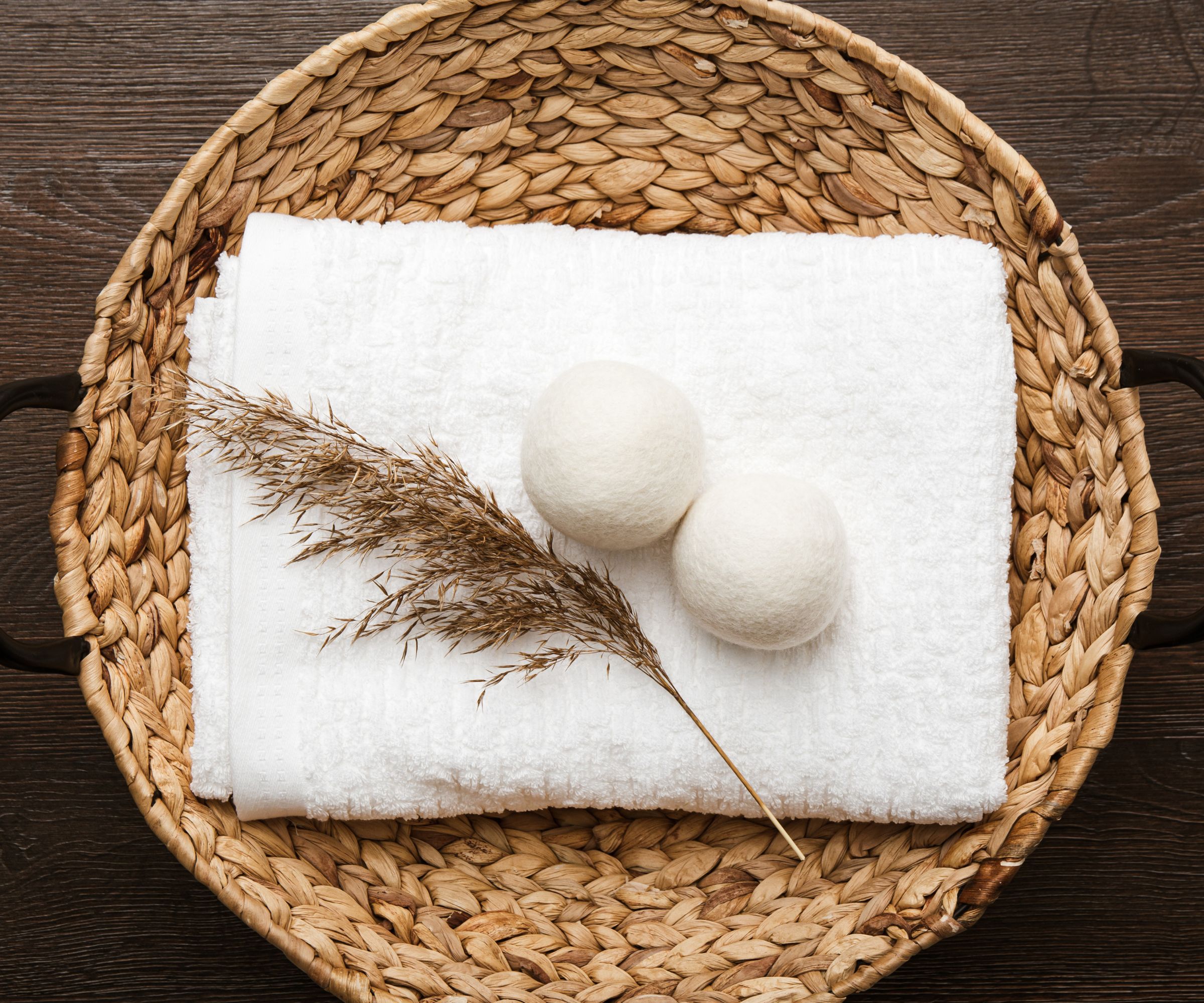
Dryer sheets can add some fragrance to your laundry after washing, but they are not the strongest options. So, what to use instead of dryer sheets?
‘For drying, I love using two to four drops of my favorite doTERRA essential oil onto our wool dryer balls,’ shares Bekah Nixon, VP of global product innovation at doTERRA International. ‘I recommend using our abode blend, available at Amazon, for more of a clean, fresh smell, but you can use pretty much any essential oil. Toss two to four balls in the dryer with each laundry load.’
Hyacinth Tucker, laundry professional, adds that while this method is incredibly effective, you need to be cautious with certain oil blends: ‘Beware of using too much essential oil, or flammable essential oils such as tea tree, especially in the dryer, as it can be a safety hazard.’
Learn more mistakes to avoid when cleaning with essential oils.
Create a linen spray

If you would rather not risk any staining by using essential oils in the laundry process itself, Ocean Van, laundry expert, recommends applying it afterward in the form of a DIY linen spray:
‘A linen spray made with essential oils can be used to refresh clothes and linens between washes,’ she says. ‘The alcohol or witch hazel in the spray helps to dissolve the essential oils and acts as a dispersant when sprayed. The essential oils then evaporate, leaving a fresh fragrance on the fabric. The antimicrobial and deodorizing properties of essential oils like lavender and lemon are well-supported by research, making them ideal for use in linen sprays.
‘To prepare the spray, mix equal parts water and witch hazel in a spray bottle and add 10-15 drops of essential oil. Shake the bottle well before each use to distribute the oils evenly and lightly spray the solution onto clothes or linens from a distance of about six to eight inches.
'Be sure to spray from a distance to avoid concentrated spots that might cause oil stains,’ Ocean adds, ‘and keep the spray bottle away from heat sources to prevent degradation of the essential oils.'
FAQs
How long do essential oils last on fabric?
Essential oils can last days on fabrics, especially if they are of high quality, applied properly and thoroughly, and the fabric is not then put through rigorous use (such as your gym wear). The scent will eventually fade over time, however, which is why reapplication either through your laundry load or a linen spray is recommended.
How long do essential oils keep?
Essential oils, when stored correctly, will stay fragrant for around two to five years, depending on the blend and quality. Storing essential oils in cool, dark, dry places will extend this life span, too. For any products you make with essential oils, aim to use them within six to 12 months, replacing them as the scent fades for the best effect.
Natural essential oils are quickly becoming one of the laundry room essentials everyone needs, and we can’t get enough of them. Be sure to invest in the highest quality essential oils you can afford for the best, longest-lasting results.
Next, learn about the unusual ways you can clean with essential oils around the home.
Sign up to the Homes & Gardens newsletter
Design expertise in your inbox – from inspiring decorating ideas and beautiful celebrity homes to practical gardening advice and shopping round-ups.

Chiana has been at Homes & Gardens for two years and is our resident 'queen' of non-toxic living. She spends most of her time producing content for the Solved section of the website, helping readers get the most out of their homes through clever decluttering, cleaning, and tidying tips. She was named one of Fixr's top home improvement journalists in 2024.
-
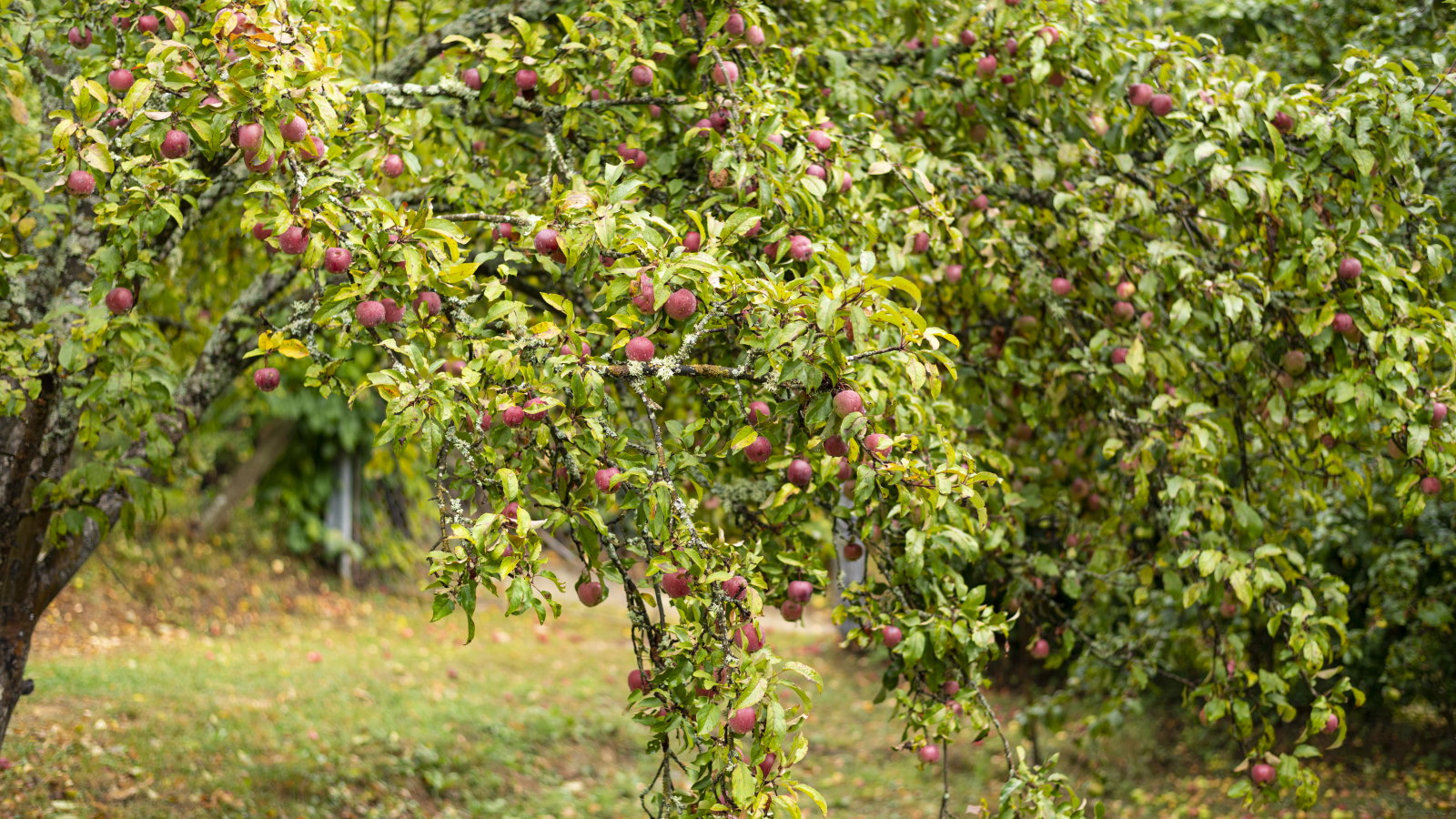 Plants never to grow next to fruit trees
Plants never to grow next to fruit treesExpert advice on which plants to keep away from fruit trees to encourage a healthy harvest
By Jacky Parker Published
-
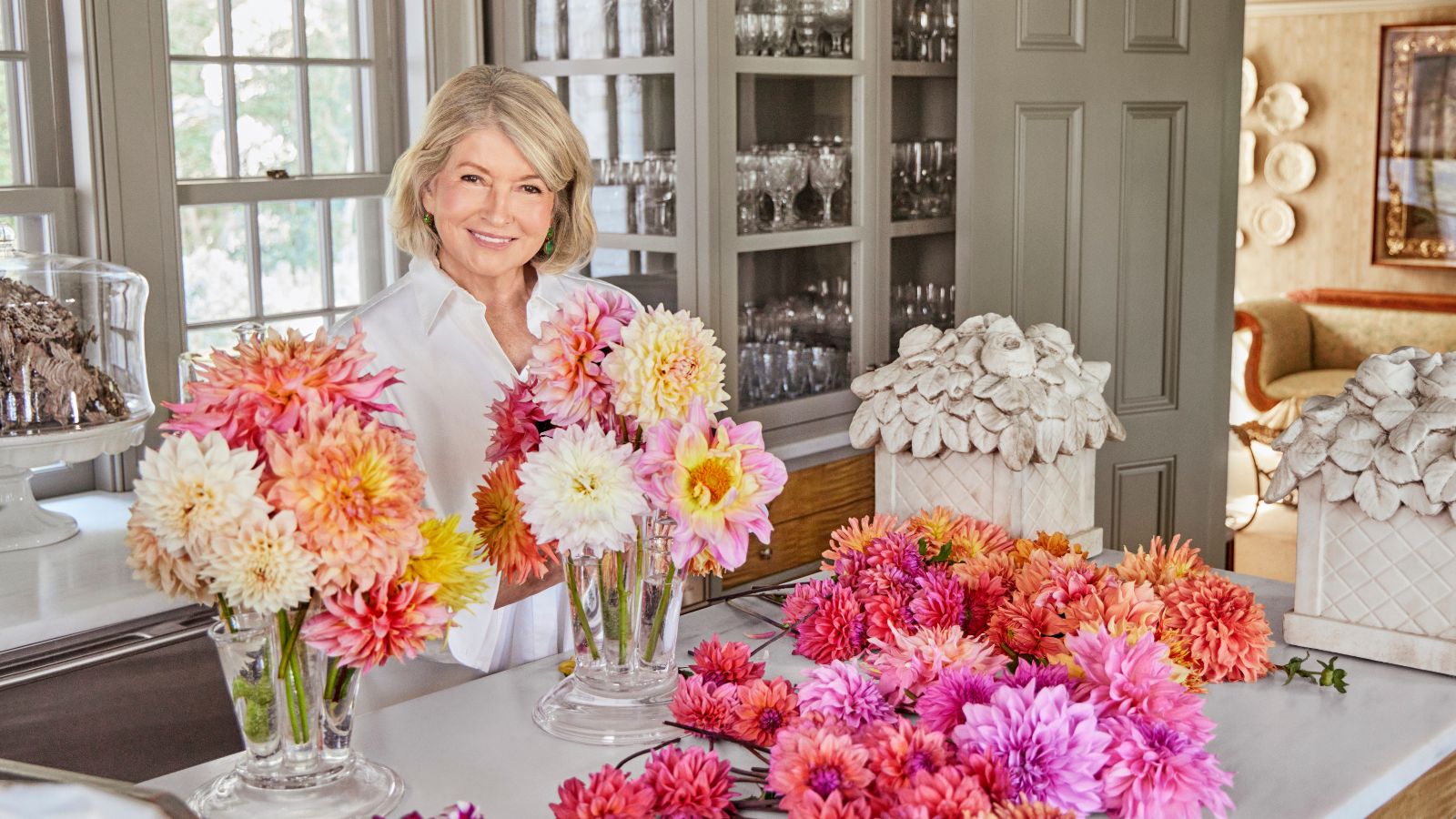 Martha Stewart's tips for arranging daffodils are unbelievably simple and effective – it's the only flower advice you need this springtime
Martha Stewart's tips for arranging daffodils are unbelievably simple and effective – it's the only flower advice you need this springtimeMartha shows us that we can create gorgeous bouquets of this seasonal flower by simply trimming the stems and placing them in specific vases
By Hannah Ziegler Published
-
 5 surprising but brilliant ways to clean with old socks – from perfectly buffing stainless steel to deterring pests naturally and more
5 surprising but brilliant ways to clean with old socks – from perfectly buffing stainless steel to deterring pests naturally and moreTackle dust in tricky corners, clean your mirrors and even banish bad odors with those rogue single socks
By Andy van Terheyden Published
-
 5 things people with clean upholstery always do – simple, quick and oh-so-effective
5 things people with clean upholstery always do – simple, quick and oh-so-effectiveEnsure your furnishing looks clean year-round with these expert tips
By Seraphina Di Mizzurati Published
-
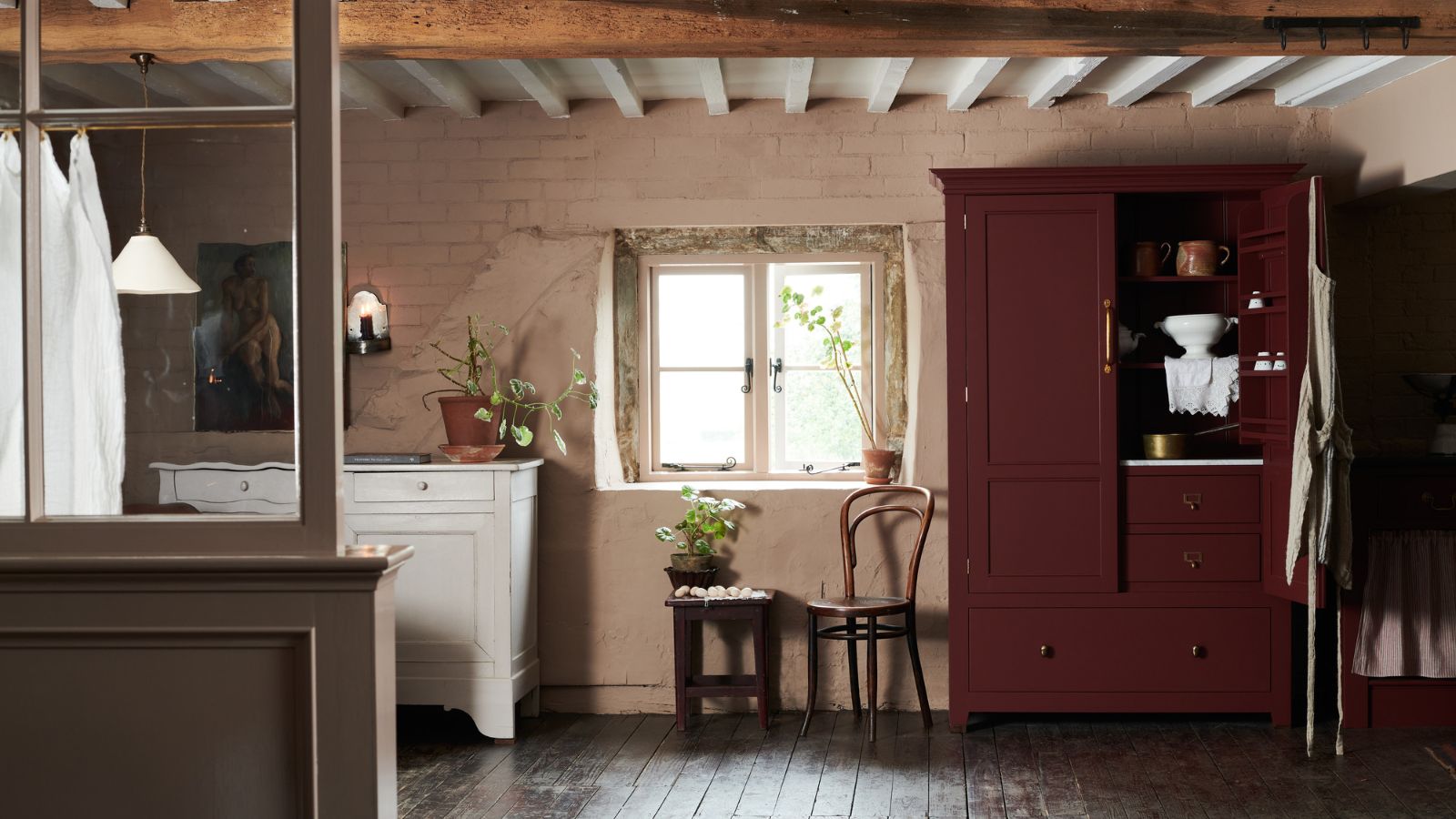 'Wick away the ick' – 6 things people with clean laundry rooms always do to make this hardworking space shine
'Wick away the ick' – 6 things people with clean laundry rooms always do to make this hardworking space shineThese tips on how to clean your laundry room will banish grime
By Seraphina Di Mizzurati Published
-
 How safe are carpet deodorizers? As a seasoned vacuum tester, I urge you to try alternative methods
How safe are carpet deodorizers? As a seasoned vacuum tester, I urge you to try alternative methodsNatural cleaning is always the answer
By Dan Fauzi Published
-
 'The world will not end' – 5 cleaning habits to quit for a happier, easier life, and what to do instead
'The world will not end' – 5 cleaning habits to quit for a happier, easier life, and what to do insteadGet your home sparkling, minus the stress
By Ciéra Cree Published
-
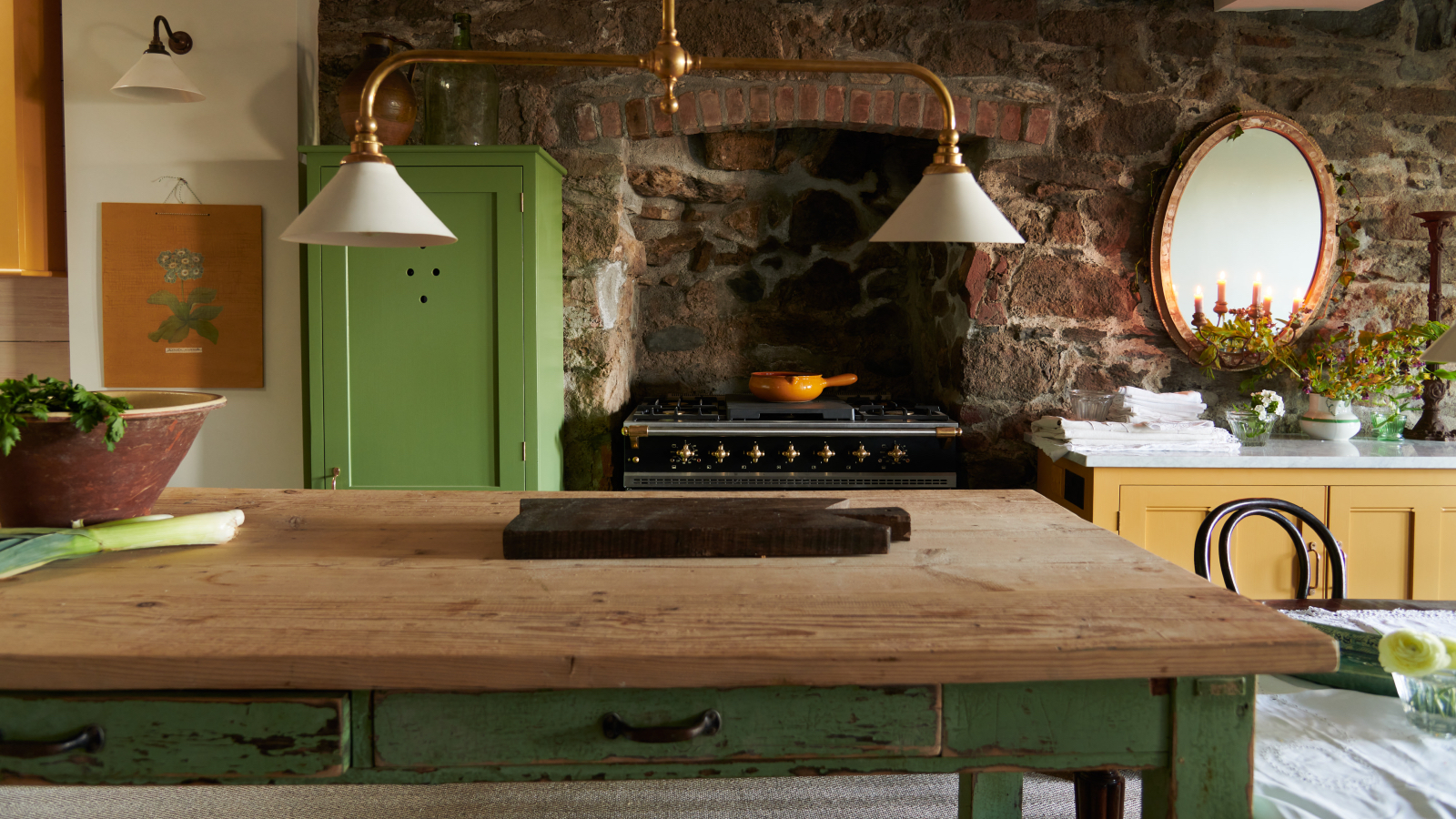 9 things you can clean with glycerin – this cheap and natural cleaner is perfect for indoor and outdoor use
9 things you can clean with glycerin – this cheap and natural cleaner is perfect for indoor and outdoor useFrom patio furniture to silverware, this hydrating and gentle cleaning agent will work miracles
By Ciéra Cree Published
-
 How to clean a terrazzo floor in 5 steps – expert tips to scrub, shine, and seal this sparkling floor finish
How to clean a terrazzo floor in 5 steps – expert tips to scrub, shine, and seal this sparkling floor finishAvoid damage and protect it's shine with these expert tricks
By Chiana Dickson Published
-
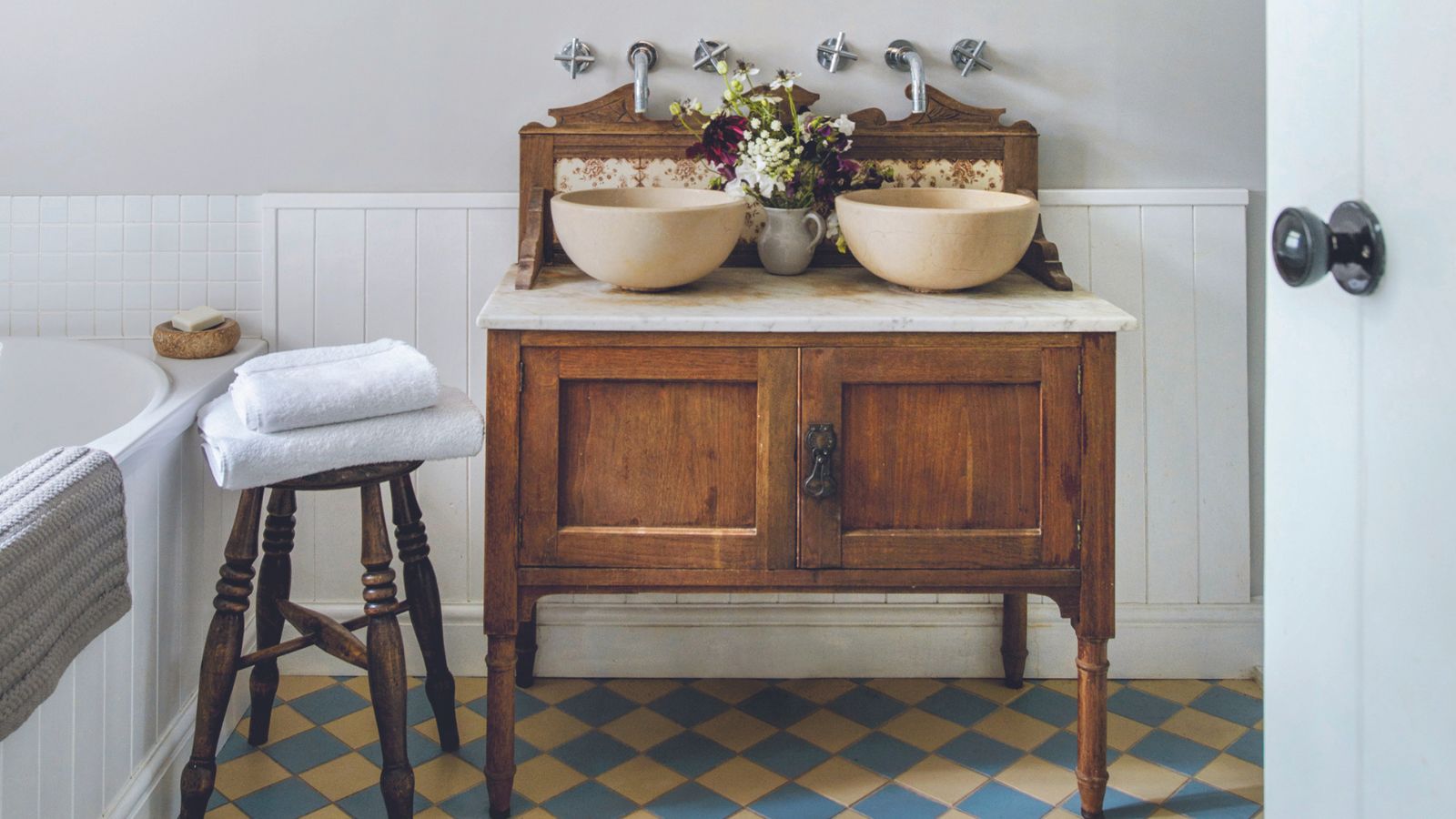 I'm 5ft2 and this telescopic scrubber safely and easily banished mold and grime in even the hardest-to-reach areas of my bathroom in less than 15 minutes
I'm 5ft2 and this telescopic scrubber safely and easily banished mold and grime in even the hardest-to-reach areas of my bathroom in less than 15 minutesMy bathroom has never looked better thanks to this handy $16 two-in-one tool from Joseph Joseph
By Ottilie Blackhall Published
